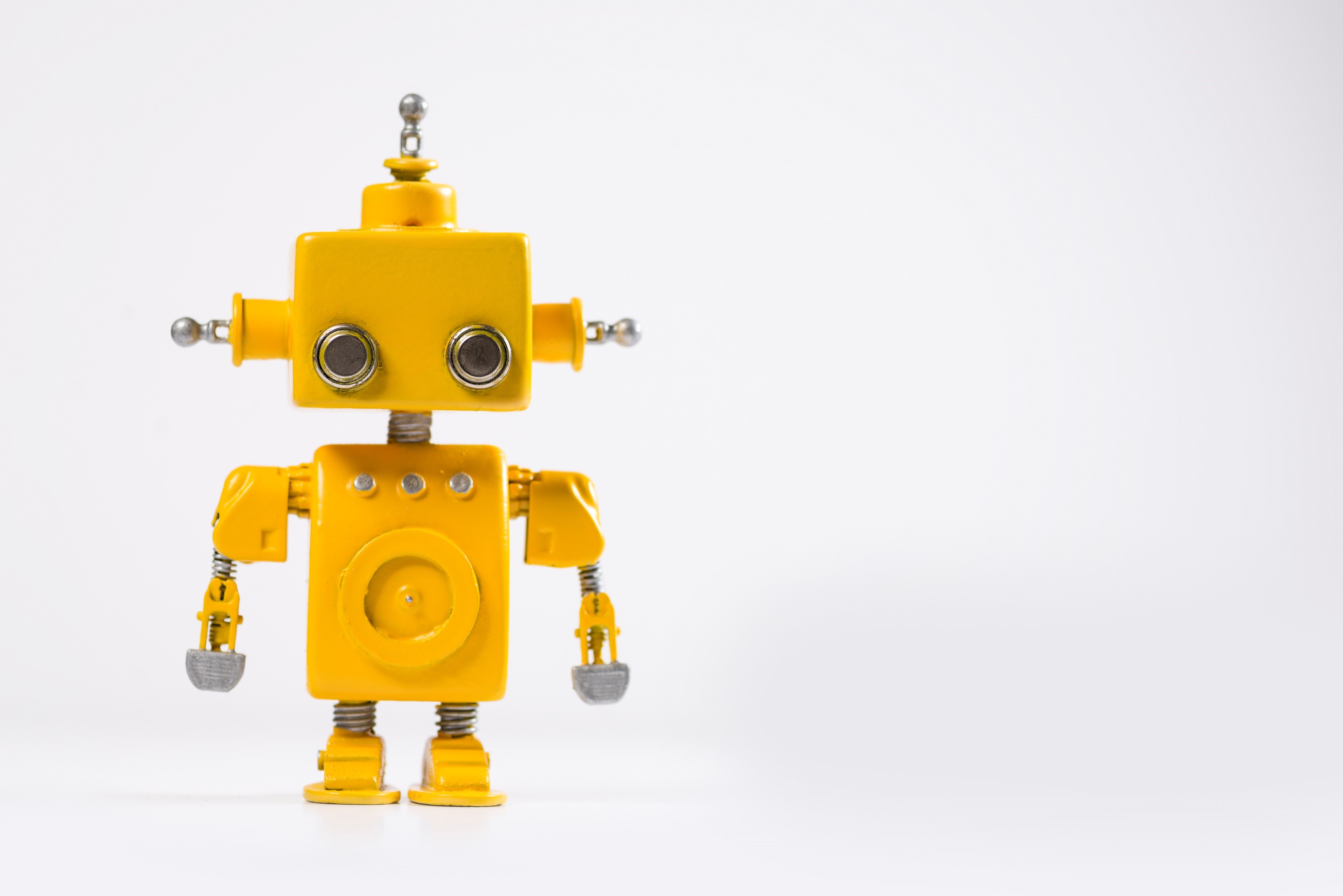
9 reasons not to use AI to write your cover letter and 6 reasons why you should...
The advent of artificial intelligence (AI) has ushered in a new era of convenience, efficiency, and innovation across various sectors, including applying for jobs. One such application of AI is in writing cover letters, a crucial element when applying for a job. Many of our clients are beginning to use AI for their job applications which can be a great use of this technology - however, just remember these few pros and cons.
Pros of using AI to write your cover letter
1 Time efficiency Writing an effective cover letter takes time, and for busy professionals, this can be a scarce commodity. AI can significantly cut down this time by generating a well-structured and tailored cover letter within minutes.
2 Personalisation at scale AI can analyse large amounts of data and draw insights from it. This feature allows it to understand the specific requirements of a job and tailor your cover letter accordingly, lending a personal touch to your applications even when you're applying to multiple jobs.
3 Error elimination Spell-checks and grammar corrections are basic features in many AI writing tools. These tools can help eliminate human errors, ensuring that your cover letter is polished and professional.
4 Continuous learning AI writing tools learn from their mistakes. They continuously improve their outputs based on user feedback and other inputs, making them more reliable over time.
5 Consistency AI maintains a consistent tone and style throughout the cover letter. This consistency can create a positive impression on potential employers, projecting you as a reliable candidate.
6 Data-driven approach AI uses a data-driven approach to write your cover letter. It utilises job descriptions, keywords, and industry trends to craft a cover letter that resonates with the current market demands, thereby increasing your chances of landing an interview.
Cons of using AI to write your cover letter
1 Lack of human touch Despite the advancements in AI, machines still lack the human touch. They may not be able to fully capture your unique personality or voice in the cover letter, which could make your application less compelling.
2 Limited creativity AI operates within its programmed boundaries and learns from existing data. This limitation can restrict its creativity, resulting in a generic cover letter that lacks originality.
3 Dependence on input quality The quality of the AI-generated cover letter depends heavily on the quality of the input provided. If you fail to provide comprehensive and accurate information about the job and your skills, the AI might generate a less effective cover letter. Of course, this applies to a human-authored letter also but something to be aware of. The AI can't think for you - it has to have the correct parameters.
4 Misinterpretation risk AI might misinterpret certain instructions due to its literal understanding of language. This could lead to inaccuracies or irrelevant content in the cover letter.
5 Limited emotional intelligence A well-crafted cover letter often appeals to the emotions of the reader. Unfortunately, AI lacks emotional intelligence and may not effectively communicate empathy, passion, or enthusiasm in your cover letter.
6 Over-reliance on technology While AI can be a great tool to assist in writing a cover letter, over-reliance on it may hinder the development of your own writing skills. It's essential to strike a balance between utilising AI and enhancing your personal abilities. Just remember how many people can't do math without a calculator!
7 Potential for repetition While AI tools can generate cover letters quickly, they may fall into repetitive patterns, producing content that may come across as robotic or redundant.
8 Cost implications Utilising sophisticated AI tools can sometimes be expensive costing several hundred dollars for a subscription. While there are free versions available, they may lack the advanced features of paid tools that offer more personalised and effective cover letters.
9 Ignorance of contextual nuances AI operates on logic and can overlook the subtleties of human language and emotion. This can be problematic in a cover letter, where empathetic language and a personal touch can make a substantial difference.
In the final analysis, using AI to write your cover letter can be a double-edged sword. On one hand, it offers speed, efficiency, and accuracy. On the other, it may lack the human touch and creativity that can make your cover letter stand out. In short, while AI can be a helpful tool in drafting your cover letter and creating a framework, it should ideally be used only as a starting point, with final edits made by you to add your unique voice and perspective.
After all, no machine can truly replicate the human ability to connect and resonate with others!.
If you enjoyed this post please like and share with others.